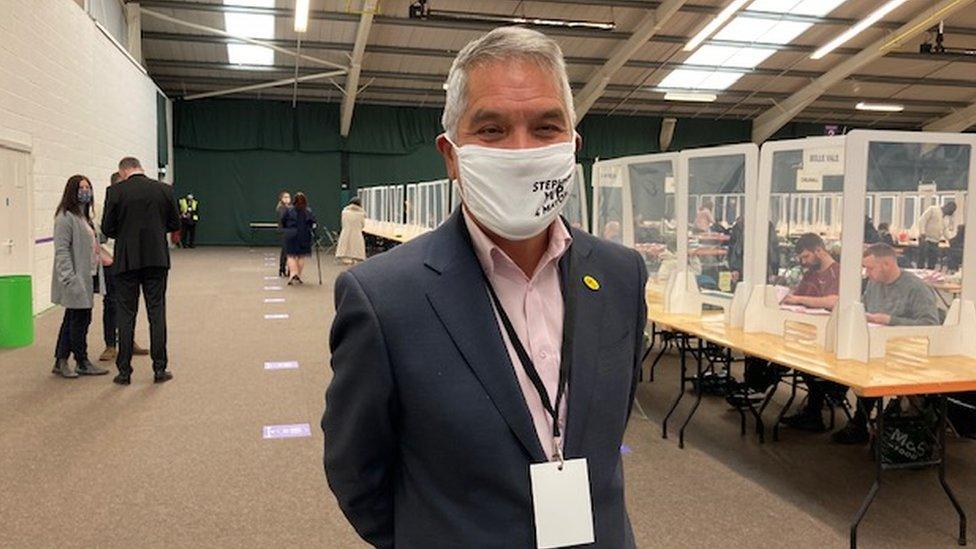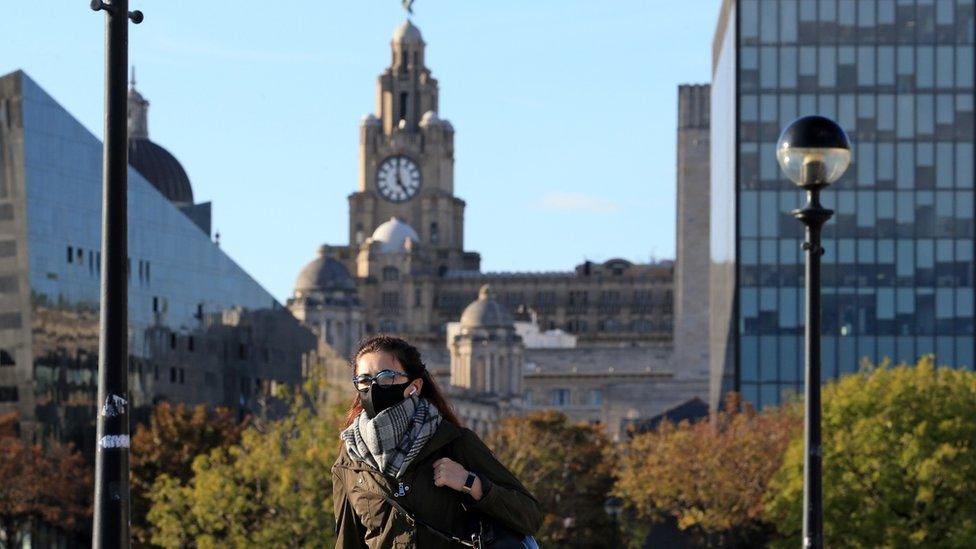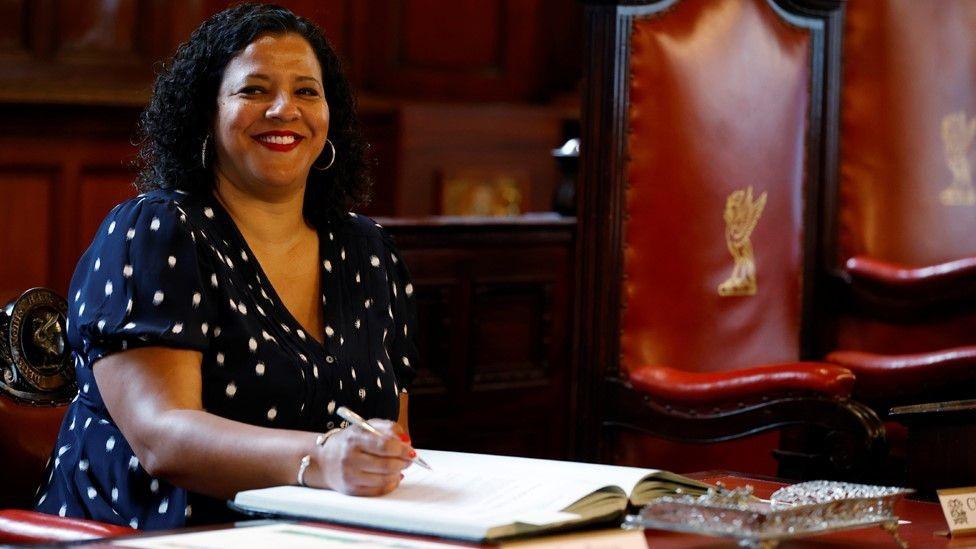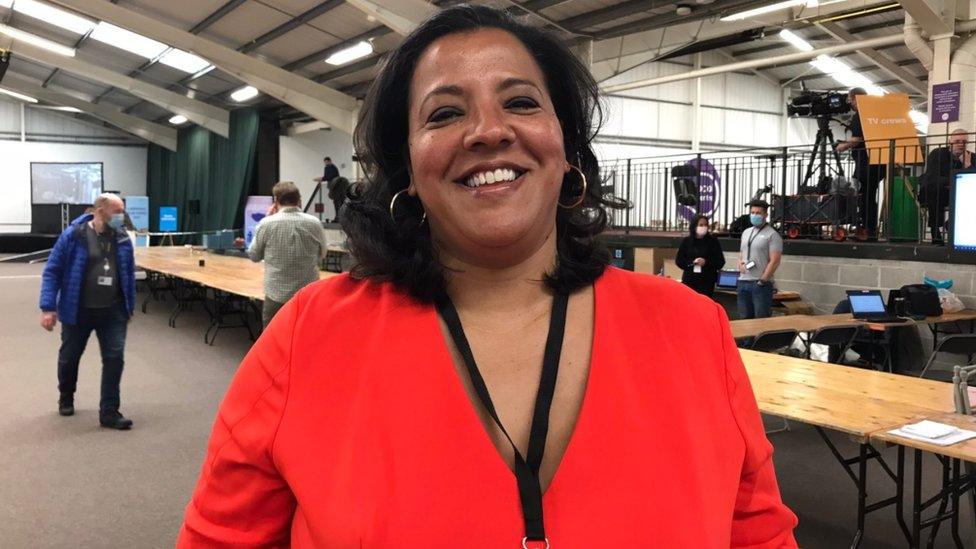Tiny turnout in Liverpool consultation over mayor role
- Published

The future of the city's governance will be decided by the ruling Labour group
Only 3% of Liverpool residents have responded to a consultation on how the city council should be run.
However, the results show 40% were in favour of keeping the current directly-elected mayoral model.
About a third preferred a committee system while 23.6% opted for a cabinet-style way of working.
The city's ruling Labour group has pledged to push ahead with its own preference to introduce a leader and cabinet model.
The results of the survey were:
40.9% (4,709 votes) - a directly-elected city mayor every four years
32.9% (3,793 votes) - a council led by one or more committees made up of elected councillors
23.6% (2,721 votes) - a leader who is an elected councillor, chosen by a vote of other elected councillors
2.5% (296 votes) - no preference.
Richard Kemp, leader of the city's Liberal Democrat opposition group, said the low number of responses showed the process "was flawed from the start."
"The letter sent out looked like a final demand and there was no explanation of the options," he said.
Green Party leader Tom Crone said the process was "botched and absolutely mishandled".

Analysis - Claire Hamilton, BBC Radio Merseyside Political Reporter
This process has been mired in controversy since the very start, and today's results will please few.
The consultation failed to catch the public's imagination. The letters sent to households were in drab brown envelopes which looked more like a court summons than an invitation to shape the city's future. Turn out was tiny - can it even claim to be a mandate?
Now, the future of the city's governance is in the hands of the Labour group and it is likely to move back to a leader and cabinet - the least popular single option on the consultation questionnaire.
But adding together the models on offer without a mayor, people in the city have rejected having a mayor.
In fact you can interpret the results in a range of ways. Nobody can claim to have won this argument.

He added: "This is exactly the reason there should have been a legally binding referendum."
The call was echoed by the independent candidates who finished runners-up in two previous mayoral elections.
Liam Fogarty, who lost in the first election in 2012 and Stephen Yip, who was defeated in 2021, said they are prepared to launch a petition that would trigger a referendum on the mayoralty and claimed they could collect the 15,000 signatures - equivalent to 5% of local electors - needed to force the a binding vote.
Liverpool has had a directly-elected mayor since 2012 but in January the council voted to ask the public for its views in an informal 12-week consultation from 28 March to 20 June.

Former mayoral candidate Stephen Yip is calling for a formal referendum
The council previously decided against holding a formal referendum saying it was too costly at £450,000. The estimated cost of this consultation is £120,000.
A statement from the ruling Labour group said: "At a time when so many families in our city are struggling with the Tory cost of living crisis, the city council needs to be able to get things done quickly and effectively.
"A strong Labour council leader and cabinet system will allow us to be decisive and focused, but also more collaborative and transparent than the mayoral model has shown itself to be in recent years."
The findings are to be presented to the council's constitutional committee on 11 July.

Why not follow BBC North West on Facebook, external, Twitter, external and Instagram, external? You can also send story ideas to northwest.newsonline@bbc.co.uk
Related topics
- Published11 March 2022

- Published19 January 2022

- Published8 May 2021
